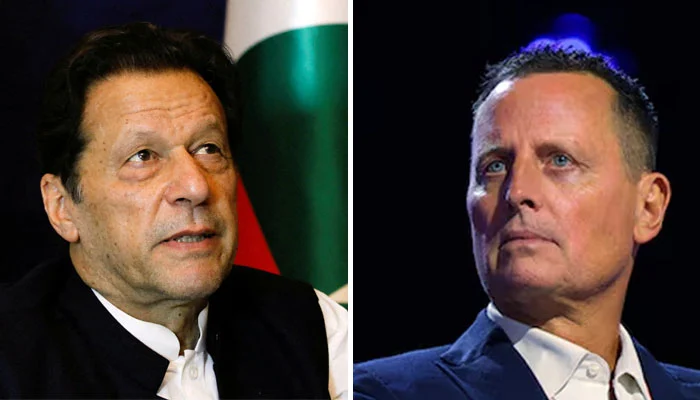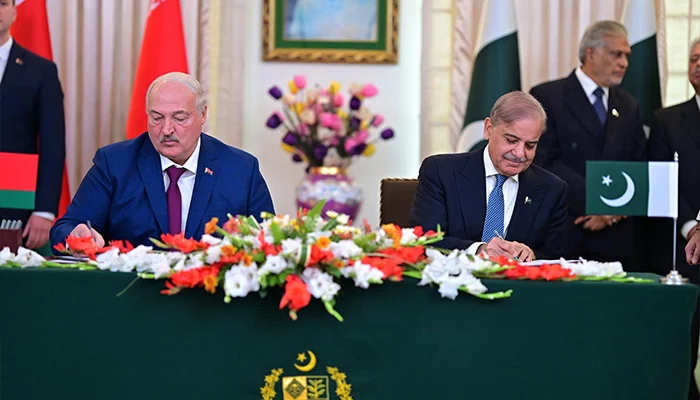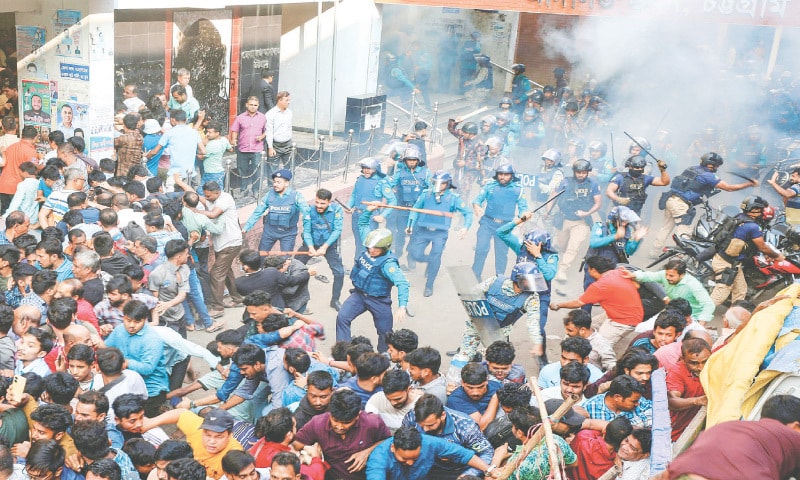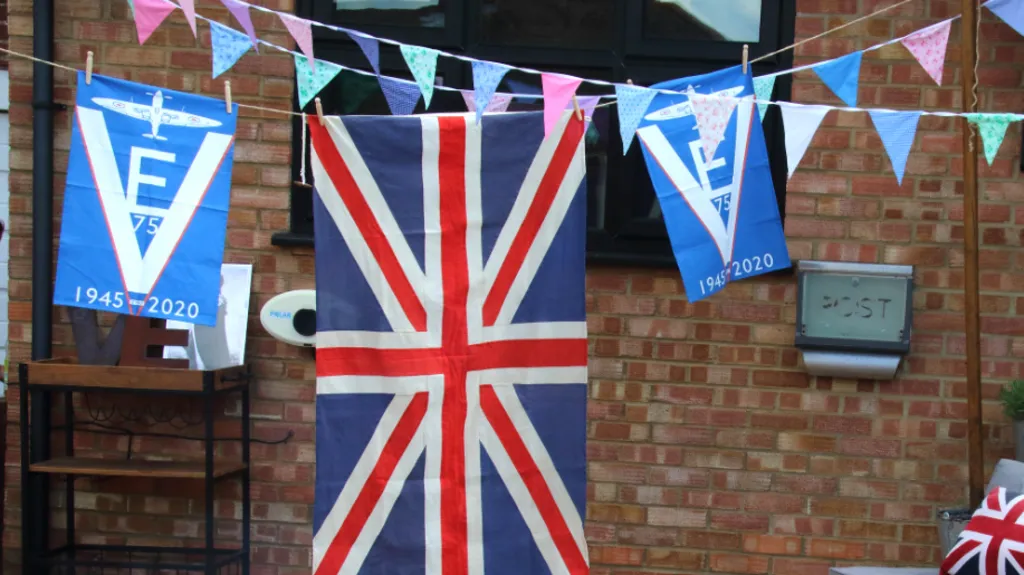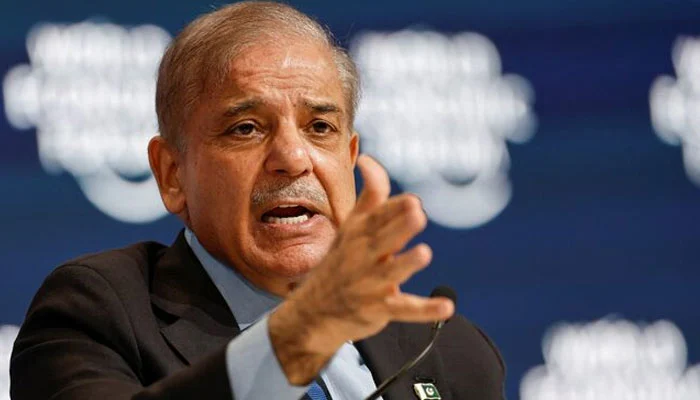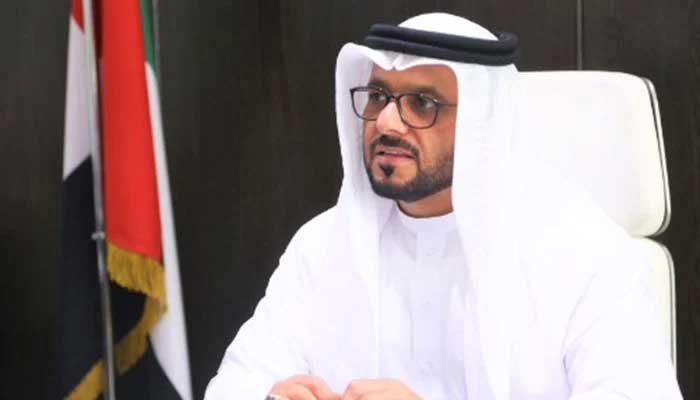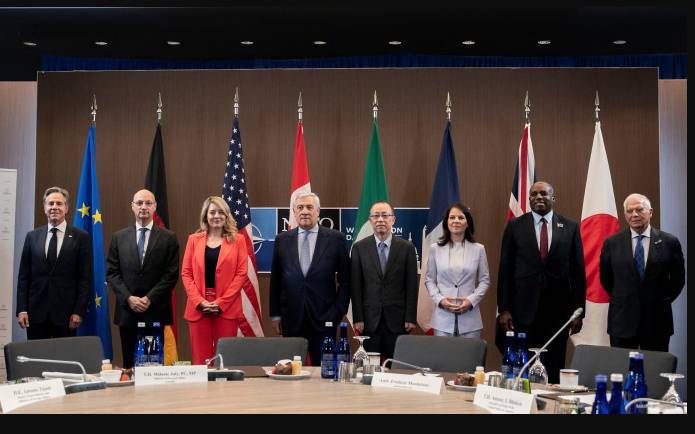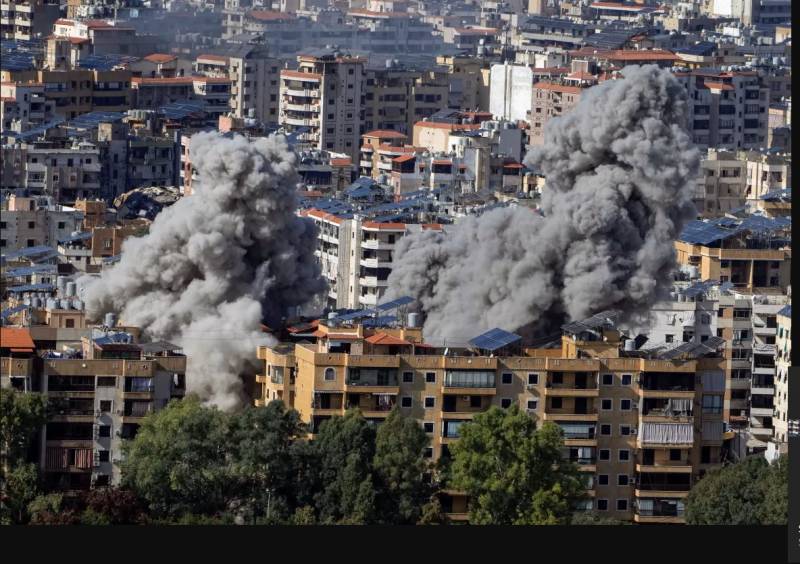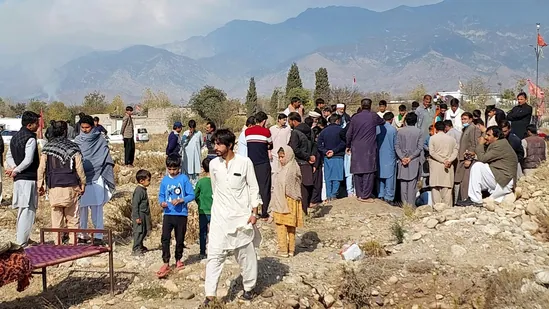Prime Minister Shehbaz Sharif and President of the Republic of Belarus Aleksandr Lukashenko on Tuesday emphasised the importance of advancing political dialogue and strengthening inter-parliamentary relations.
They also focused on expanding trade and economic cooperation, adopting a collaborative approach to regional economic integration and connectivity and enhancing the legal framework to facilitate bilateral collaboration, according to a joint statement between Pakistan and Belarus.
President Lukashenko had arrived on an official visit to the Islamic Republic of Pakistan at the invitation of Premier Shehbaz.
During the visit, the two leaders comprehensively reviewed the full range of bilateral relations and reaffirmed their mutual commitment to deepening friendly ties between the two countries across political, trade, economic, cultural, social, and other areas.
This year marked the 30th anniversary of diplomatic relations between Pakistan and Belarus. Both sides acknowledged that their relationship had grown into a durable, broad-based, and comprehensive partnership of increasing significance.
Pakistan congratulated Belarus on its full membership in the Shanghai Cooperation Organisation (SCO), with Belarus noting Pakistan’s early support for its accession.
The prime minister appreciated the active participation of the prime minister of Belarus in the SCO Council of Heads of Governments meeting, hosted by Pakistan in October 2024. The two sides agreed to work closely within this important forum to further strengthen their cooperation.
Recognising Belarus’ advanced agricultural manufacturing capabilities and the needs of Pakistan’s agriculture-based economy, the two sides agreed to promote the establishment of joint ventures in the agriculture and industrial sectors, including for the production of high-tech and large-scale agricultural machinery.
Both sides also agreed to collaborate in sales, manufacturing and servicing of vehicles, including through partnerships between private and public organisations of both countries.
This initiative aimed to leverage the strengths of both countries in automotive manufacturing and technology, boosting industrial growth and innovation.
Both sides also agreed to cooperate in expanding the network of sales and services of Belarusian agricultural machinery in various Pakistani cities, including through partnerships with Pakistani private and public organisations.
Additionally, they considered initiating educational programs in the sphere of agricultural machine manufacturing.
During the visit, the Trade Development Authority of Pakistan (TDAP) and the Federation of Pakistan Chambers of Commerce and Industry (FPCCI), in collaboration with the Belarusian Chamber of Commerce and Industry (BelCCI), organised a Belarus-Pakistan Business Forum.
The event saw participation from over thirty Belarusian companies and nearly one hundred Pakistani counterparts from various sectors, fostering valuable interactions and potential business opportunities.
The two leaders expressed their satisfaction at the successful organisation of the forum.
They also agreed to encourage both government and private sectors to collaborate and organise series of seminars on “Doing Business with Each Other” aiming to reduce trade barriers and facilitate market access.
To enhance trade linkages, both sides welcomed the signing of a memorandum of understanding (MoU) between the National Logistics Corporation (NLC) and Beltamozhservice and agreed to encourage other stakeholders, including logistics companies, to develop optimal maritime and land routes for efficiently delivering goods to each other’s markets.
This initiative aims to streamline transportation, reduce costs, and improve the overall efficiency of trade between the two countries.
Recognising the immense potential for expanding collaboration in science and technology, and noting the progress made over the past decade, both sides agreed to establish stronger ties between their scientific communities.
The two sides plan to focus on joint scientific and technical projects under the umbrella of the Joint Commission on Science and Technology. During the visit, two agreements in this domain were signed to formalise and promote this enhanced collaboration.
Both sides emphasised the importance of enhancing bilateral trade in pharmaceutical products, medical devices, health-related items, and over-the-counter products.
Both parties agreed to develop strategies aimed at improving trade facilitation by identifying and addressing trade barriers, particularly regulatory challenges, to streamline market access.
Additionally, the sides committed to exploring and implementing policies that enhance mutual market access for these sectors, ensuring compliance with national regulations, while promoting growth and cooperation, the joint statement said.
The two sides underscored the importance of strengthening cooperation in the field of education and culture, including the promotion of cultural exchange programmes and boosting people-to-people contacts through art, music, literature, and other cultural activities.
Both countries also committed themselves to enhancing academic collaboration, facilitating student exchanges, and supporting joint research projects between universities in the two countries.
During the visit, the two sides signed 15 important agreements and MoUs, including the “Roadmap for Comprehensive Cooperation between the Islamic Republic of Pakistan and the Republic of Belarus for the period 2025-2027.”
This roadmap focused on enhancing bilateral economic cooperation through various initiatives, such as high-level meetings, timely meetings of inter-governmental commissions, and promoting collaboration in key sectors of mutual interest.
“These arrangements are expected to open new prospects for the continued development of bilateral relations, based on the principles of mutually beneficial friendship,” it was added.
The two sides also discussed important regional and international issues. The Pakistani side briefed the Belarusian side on the situation in Jammu and Kashmir.
Both sides underlined the need for the resolution of all international disputes through peaceful means and in accordance with the UN Charter and UN Security Council resolutions.


